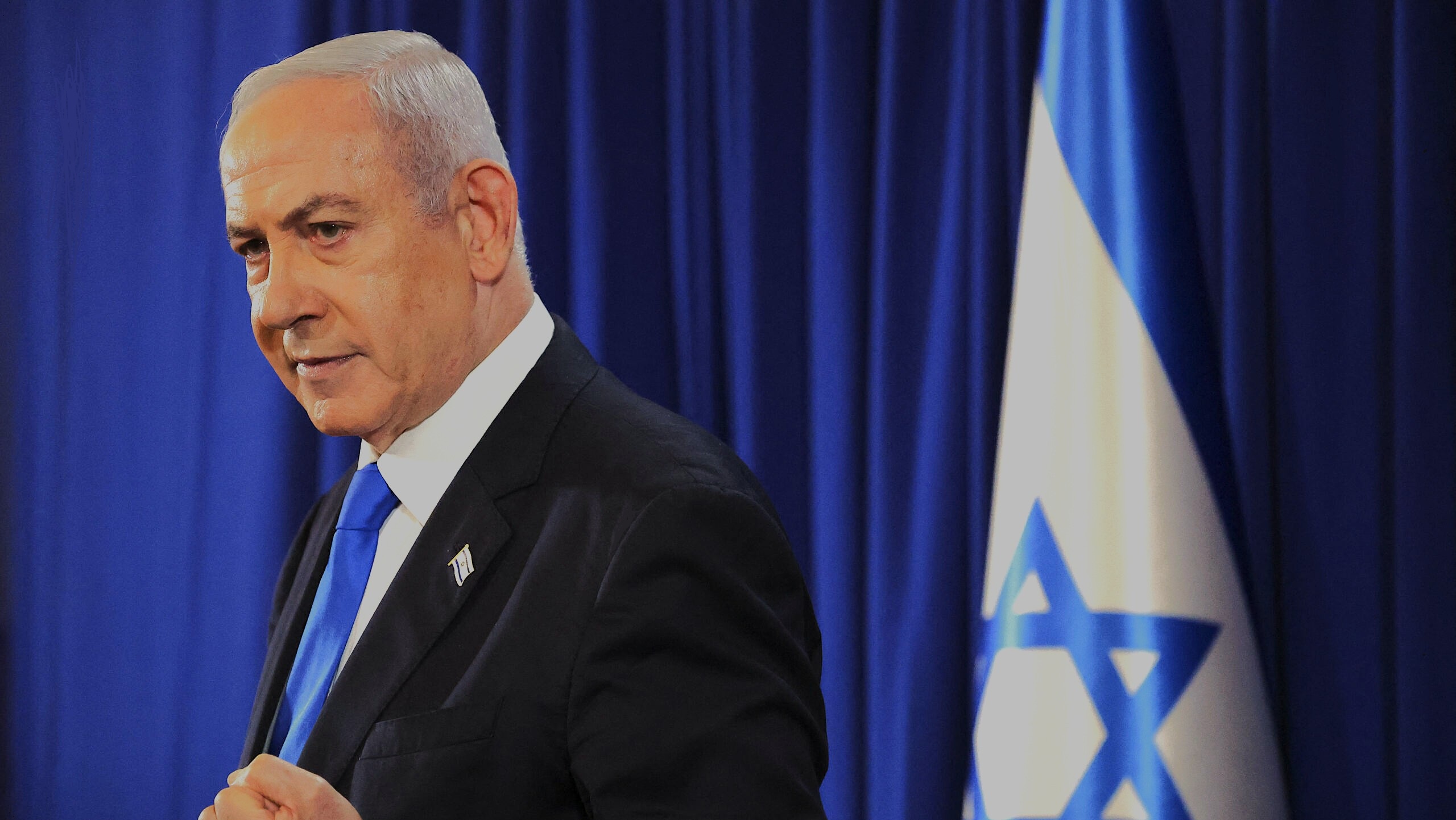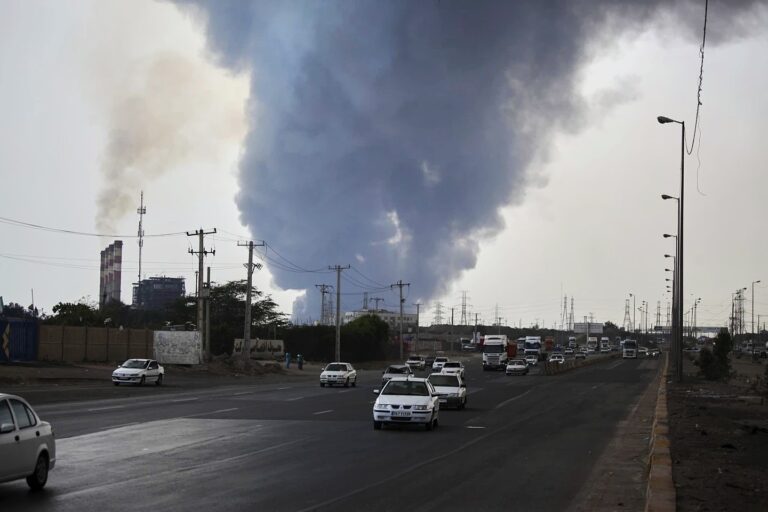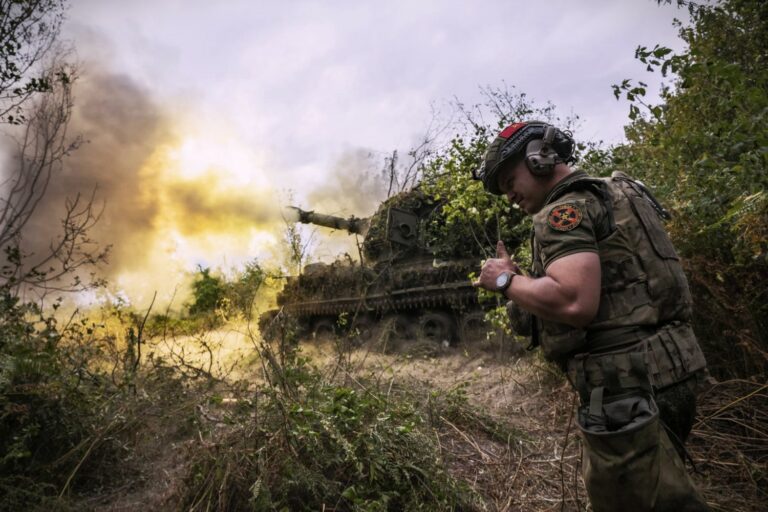In a dramatic escalation of violence, Israel has launched a fresh wave of airstrikes on Gaza, abruptly ending a fragile two-month ceasefire. The offensive, which began in the early hours of March 18, 2025, has already resulted in over 400 Palestinian deaths, including many women and children. Prime Minister Benjamin Netanyahu justified the strikes, declaring, “This is just the beginning,” as Israeli forces vowed to intensify their military operations against Hamas.

Ceasefire Crumbles Amid Rising Tensi
The ceasefire, established through international mediation in January, had been on shaky ground for weeks. The immediate trigger for its collapse was Hamas’s refusal to release the remaining 59 Israeli hostages, despite ongoing negotiations. Israeli officials stated that with no progress in talks, military action was the only remaining option. Netanyahu reaffirmed this stance, saying future negotiations with Hamas would only take place “under fire.”
The Israeli Defense Forces (IDF) reported that the strikes targeted key Hamas facilities, but eyewitness accounts from Gaza paint a different picture. Reports indicate that residential areas, schools, and hospitals were among the hardest hit, leaving entire neighborhoods in ruins. Video footage from the ground shows frantic rescue teams pulling victims from the debris as desperate civilians search for missing loved ones.
Global Reactions and Humanitarian Crisis Worsens
The renewed hostilities have drawn swift condemnation from human rights organizations and world leaders. The United Nations has warned that Gaza is on the brink of an unprecedented humanitarian disaster, as hospitals struggle with shortages of medical supplies, and thousands of families are forced to flee their homes. “The situation is deteriorating at an alarming rate,” a UN official stated, urging an immediate halt to the violence.
Despite mounting international concern, the United States has reaffirmed its support for Israel, holding Hamas responsible for the breakdown of the ceasefire. European nations, on the other hand, have called for immediate de-escalation and a return to diplomatic negotiations.
Backlash in Israel Over Military Strategy
Within Israel, Netanyahu’s decision has sparked sharp criticism from opposition leaders and the families of hostages. Many argue that resuming military operations jeopardizes the lives of the remaining captives, reducing the chances of securing their safe release. Protests have erupted in Tel Aviv and Jerusalem, with demonstrators accusing the government of prioritizing military escalation over diplomatic solutions.
Political analysts believe Netanyahu is using the conflict to strengthen his hold on power, as his administration faces increasing scrutiny over its handling of the hostage crisis and national security. Critics warn that prolonging the war could lead to even more casualties on both sides, further entrenching divisions and making future peace efforts even more difficult.
What Lies Ahead?
As the ceasefire lies in ruins, fears of a prolonged and intensified conflict continue to rise. Hamas has vowed swift retaliation, threatening to expand its attacks in response to the Israeli assault. Meanwhile, the IDF has hinted at an extended military campaign, suggesting that the worst may be yet to come.
With diplomacy failing and violence spiraling out of control, the region stands on the brink of another devastating chapter in its long history of conflict. The coming days will be crucial in determining whether international pressure can halt the bloodshed—or if this war will escalate even further, with devastating consequences for civilians on both sides.



